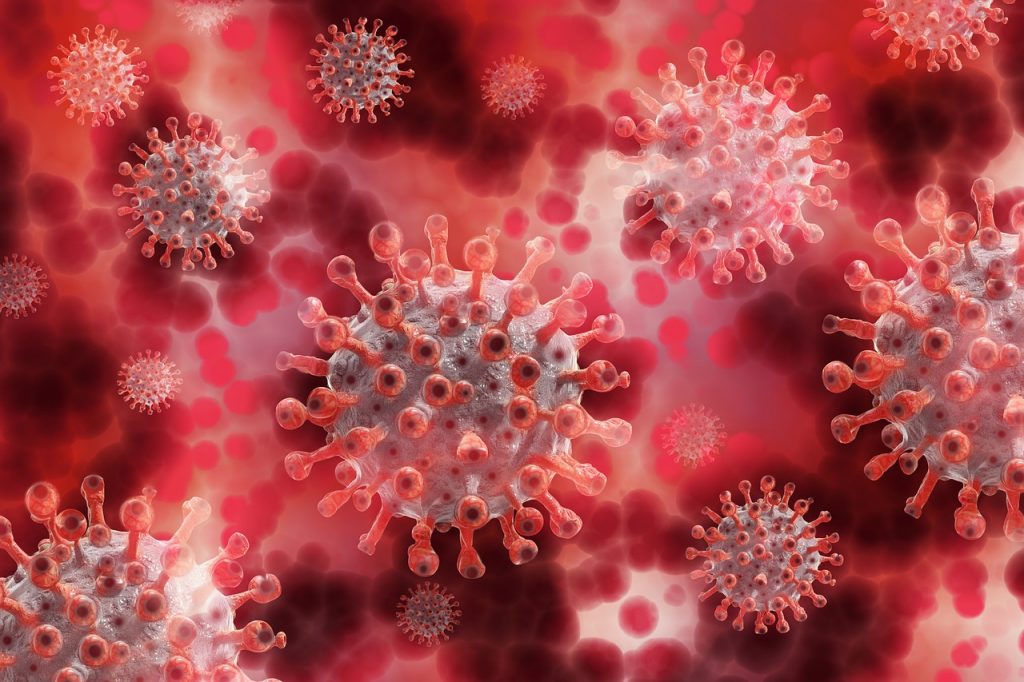Dangerous E. Coli Outbreak Spreading Rapidly In Two US States
An E. Coli outbreak is spreading at unusually high and fast rates in two states. Experts remain baffled as to the cause.
This article is more than 2 years old

At least 29 people in Michigan and Ohio have fallen ill to a fast-moving E. Coli outbreak. While extremely concerning, the Centers for Disease Control and Prevention has not found a cause. Of the confirmed cases, 15 are in Michigan and 14 are in Ohio, with the ailment affecting people between six and 91 years old. Fortunately, no deaths have been reported but at least nine people have been hospitalized. According to health officials, those figures are probably not a true reflection of infections as the true number of sick people as a result of the outbreak is probably much higher.
In a separate news release, Michigan’s health department said it received 98 reports of E. Coli cases this month. That’s up from the 20 known cases in August last year. Speaking about the outbreak, the department’s Chief Medical Executive, Natasha Bagdasarian said the significant jump in cases is alarming. Meanwhile, the Ohio department of health said it is assisting federal and local health officials with investigations. The most recent public outbreak occurred last year when 10 people in Alaska, Washington, Oregon, and Ohio were infected, The Washington Post reports.
E. Coli is typically transmitted to humans through contaminated foods, but the CDC has yet to find the cause of the current outbreak. But early findings from the investigation showed that bacteria from infected samples are genetically related, USA Today reports. This suggests that people got sick from the same food during this wave of the disease. Symptoms of the illness vary, but common ones include fever, diarrhea, stomach cramps, and signs of dehydration, the CDC says. They often start three to four days after swallowing the bacteria.
To prevent E. Coli infections, the CDC recommends practicing good hygiene. This includes washing your hands often with soap and water, especially after using the bathroom and having contact with animals. The proper handling of food is also recommended. Folks are urged to wash utensils and surfaces before and after every use. Fresh fruit and vegetables should be thoroughly rinsed before eating or preparing them. Separating things like raw meats from foods that won’t be cooked also helps lessen the chance of contamination.
Temperature is also important when trying to prevent E. Coli infection. People are urged to cook their meats to a high enough temperature to help kill germs. Perishable foods should also be refrigerated immediately after being purchased. Officials also advise not to let raw meat, poultry, and eggs stay at room temperature for more than two hours. Additionally, cooked food should not be placed on a plate that was holding raw meat or poultry. Avoiding swallowing water while swimming, or playing in lakes, ponds, streams, and (public or private) swimming pools is also important.
If you or someone you know suspects that they have an E. Coli infection, the CDC recommends making a record of what the person ate the week before they were infected. They should also report the illness to a local or state health department and answer any further questions about the illness from public health officials.




